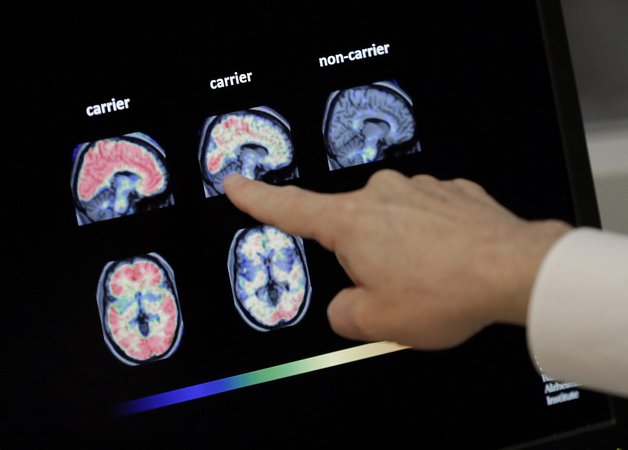She says the challenge with Alzheimer’s disease and other forms of dementia is that it’s hard for someone to predict how they will feel at a later point in time as their disease progresses.
Barrick says patients need to communicate multiple specific circumstances that would have to happen in order for them to have MAID in the future, such as not being able to recognize family members and being unable to communicate.
”The first and the most important thing is for them to make their wishes known and they need to be abundantly clear about what those wishes are,” said Barrick in an interview.
“It needs to be extremely specific, you know, not something vague of like, ‘well, if it seems like I’m suffering, you know, do it then,’” she said.
Although the Alzheimer Society supports MAID for people who want it, one of its main concerns is that there needs to be other options that provide the best quality of life possible.
”Having a choice between sort of feeling like you’re going to languish and be neglected (in a long-term care home) — it’s really no choice at all,” Barrick said.
“We wouldn’t want people to make a decision to end their life prematurely out of fear of what might happen. So obviously a lot of our advocacy is around making sure that people have options available to them at end of life.”
Barrick emphasized that a diagnosis of Alzheimer’s disease or other forms of dementia “is not the end,” noting that although everyone is different, people generally live five to seven years after learning they have it.
“For most people, most of that time can be quite positive,” she said.
“People go on to continue on with their life. Some people can continue to work, travel, socialize — all the things (that) have meaningful engagement in their life.”
Having MAID as an option for when they deteriorate can actually provide reassurance and removes a worry that allows some people with dementia to live their lives as well as possible, Barrick said.
This report by The Canadian Press was first published Oct. 30, 2024.
Canadian Press health coverage receives support through a partnership with the Canadian Medical Association. CP is solely responsible for this content.
Nicole Ireland, The Canadian Press


